At The Hive Mortgage Solutions, we have the pleasure of helping families secure vacation properties that become the backdrop for lifelong memories. We would love to see the views from some of these...
Read more
At The Hive Mortgage Solutions, we understand that the idea of a 20% down payment can feel overwhelming and out of reach for many prospective homebuyers. If you’re looking to buy but don’t have...
Read more
Purchasing a home is a major decision, one that comes with many financial and personal benefits. At The Hive Mortgage Solutions, we've witnessed first-hand how home ownership can impact lives...
Read more
If you’ve been contemplating purchasing a home this year, it’s time to lay the groundwork for success, especially with the bustling summer buying season approaching. At The Hive Mortgage Solutions,...
Read more
Navigating the Rising Tide: This Week's Mortgage Rate Insights In recent weeks, the mortgage landscape has undergone subtle yet significant shifts, with rates edging...
Read more
The notion of needing a 20% down payment to buy a home has long been a benchmark in the real estate market. It's a figure that can seem daunting, if not outright unattainable, for many prospective...
Read more
Gearing Up for the Housing Market's Busy Season: A Buyer's Guide As the calendar pages turn and we edge closer to the warmth of summer, the real estate market begins...
Read more
Overview
Contact
Location
386 N Main Street
Brewer, ME 04412
**It is illegal to discriminate against any person because of race, color, religion, national origin, ancestry, sex, sexual orientation or gender identity, disability, familial status, receipt of a permanent protection order, or receipt of public assistance.**
For informational purposes only. This is not a commitment to lend or extend credit. Information and/or dates are subject to change without notice. All loans are subject to credit approval.









